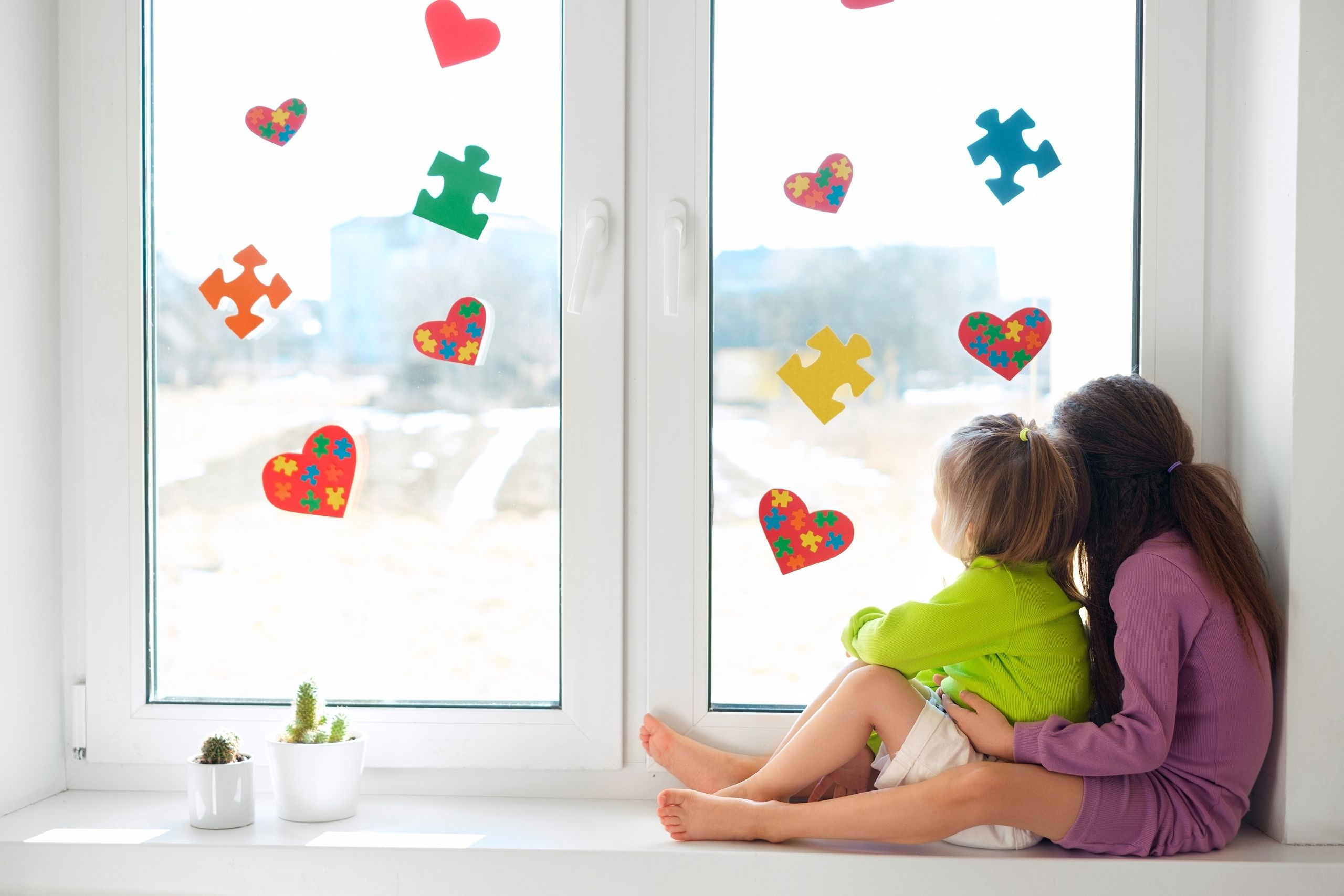Blog

5 To-Dos After Cleveland Autism Diagnosis

A Cleveland autism diagnosis can leave parents reeling – even when it’s something you’ve been expecting as you awaited the results of ADOS testing and other examinations. Sometimes, it can feel like something of a relief. You finally have answers. But there’s also the daunting next question: What now?
Parents face a lot of uncertainties, siblings may not understand (or may have much anxiety if they do), and the child who was diagnosed may not yet understand the implications – but can still sense shifts in emotional tone throughout the home.
Autism, more formally known as Autism Spectrum Disorder, or ASD, refers to a broad range of conditions characterized by difficulties with social skills, repetitive behaviors, speech, and non-verbal communication. The U.S. Centers for Disease Control and Prevention reports that autism affects 1 in 44 children in the U.S. today. Our dedicated team of speech therapists, ABA therapists, occupational therapists, and educators offers help to families in Cleveland, Brecksville, Broadview Heights, and Akron.
No. 1: Breathe
The very first thing to do after a Cleveland autism diagnosis is BREATHE. Autism is a lifelong condition – and that in itself can feel very intimidating as you contemplate your next steps. But know that in most cases, the symptoms can be managed. Behaviors can be managed with help. Your child can lead a long, healthy, meaningful, successful life.
You have already taken the very hardest step in all of this, which is seeking professional intervention when you recognized something wasn’t quite right. You persisted in pursuing answers – even when you knew the answers might pose challenges you might not feel ready to face. You did this because you love your child.
Now that they have an autism diagnosis, give yourself a few beats to catch your breath, acknowledge your own feelings, and prepare yourself for the next chapter. Your engagement and advocacy will be pivotal to your child’s success, and it’s important that you’re in a good mental/emotional space to do so. Online support groups through Facebook and other social media channels can be especially helpful as you embark on this journey.
No. 2: Explore Early Intervention
The next/first step is to get help. Your options may vary depending on your child’s age. Do not worry that your child may be too young. A child can receive a Cleveland autism diagnosis as young as 18 months, and early intervention therapies are strongly recommended to start before a child turns 3.
In Northeast Ohio, we have a program called Help Me Grow for infants and toddlers birth to age 3 with a medical diagnosis or developmental delay, as well as for families concerned about their child’s development. They help work on things like speech delays, social interaction help with other kids, etc.
Services and specialists may include:
- occupational therapy
- speech therapy
- physical therapy
- developmental specialist
- early childhood mental health therapy
- registered dietician
- vision and hearing specialists
You may need to obtain a referral to early intervention from your pediatrician or pediatric specialist. In Cuyahoga County, it takes about 45 days from the referral to complete the eligibility, assessment, individual family service plan, and then finally the beginning of early intervention services. There has been something of a backlog since COVID, so it’s a good idea to get this process started as soon as possible.

No. 3: Start Looking at Private Therapy
Early intervention is provided as a public service. But children with autism can also benefit from private therapy services. In the beginning, the schedule of these services may be intensive, ultimately tapering off as they reach their goals and milestones.
Children with autism are often referred for a combination of therapy services, including:
- Speech Therapy
- Occupational Therapy
- Applied Behavioral Analysis (also known as ABA or behavior therapy)
Therapy & Wellness Connection offers all of these – and more – and insurance covers most if not all of these services if your child has been diagnosed with autism. We can provide these services in-clinic, in-home, and sometimes in school or daycare. Some patients may be eligible to receive some of these services via teletherapy.
The key with these services is consistency. Intensive therapy, particularly early on, can feel a bit overwhelming when it’s 3-4 times a week (longer stretches with ABA therapy), but showing up and being actively engaged in the carryover is important.
If your child is school-age, the school should begin the process of drafting an IEP, or individualized education plan. If you find ultimately that your child’s school and IEP fail to serve their best interests, there are scholarships available to enroll them in private education, with teachers who will teach the way they learn. Therapy & Wellness Connection offers homeschooling and other education services with credentialed special teachers and intervention specialists.
No. 4: Engage With a Social Skills Group
Among the most significant deficits many kids on the autism spectrum face are communication and social skills. They’re going to need as much practice as they can – early and often. And it’s a lot of pressure to just put on a sibling or two. Joining a Cleveland social skills group for kids with autism can help them make significant strides.
We offer several different social skills groups, sorted by age, at our Brecksville clinic. These include:
- Say-n-Play. This is an awesome group that focuses on social interactions and activities like crafts, songs, games, and books. It helps children with speech-language difficulties, but also following directions and engaging with others in a group setting.
- OT Group. This focuses on zones of regulation, social interaction, and skills of daily life. We take fun “field trips,” play games, and work on group projects.
- Thrive Social Center Courses. These include everything from learning social boundaries to getting along with friends to teens & technology, to young adult groups.
This extra support will help prepare kids for real-world scenarios and interactions, helping them make friends, stay safe, and be included.
No. 5: Learn to Listen Without Your Ears.
If your child has received a Cleveland autism diagnosis and is non-verbal or speech-delayed, it can be very frustrating to know what they want, what they don’t want, how you can help, and how to parent them. But just because they aren’t talking doesn’t mean they aren’t communicating. Remember that behavior itself is a form of communication, and kids on the spectrum may be engaging in “unexpected” behaviors to communicate wants, needs, or aversions.
ABA Therapy is extremely helpful in addressing unexpected behaviors and promoting those that are expected and helpful. Speech therapy can help with non-verbal communication, articulation, and social pragmatics. Occupational therapy can help kids tackle critical life skills like self-regulation, measuring the size of a problem, diversifying their diet, self-care, etc.
But in the meantime, recognize that just because they aren’t talking doesn’t mean they don’t have anything to say. You may be your child’s voice for the foreseeable future. It’s important to try your best to engage them at every opportunity, and understand what’s NOT being said.
Therapy & Wellness Connection – your connection to a life without limitations – provides ABA therapy to children in Brecksville-Broadview Heights, Cleveland, Akron, and surrounding communities. We also offer summer camp, day programs, education services, vocational counseling and more. Call us at (330) 748-4807 or send us an email.
Additional Resources:
What is Autism? AutismSpeaks.com
More Blog Entries:
Cleveland ABA Therapy Strategies, May 5, 2022, Cleveland Autism Treatment Blog
